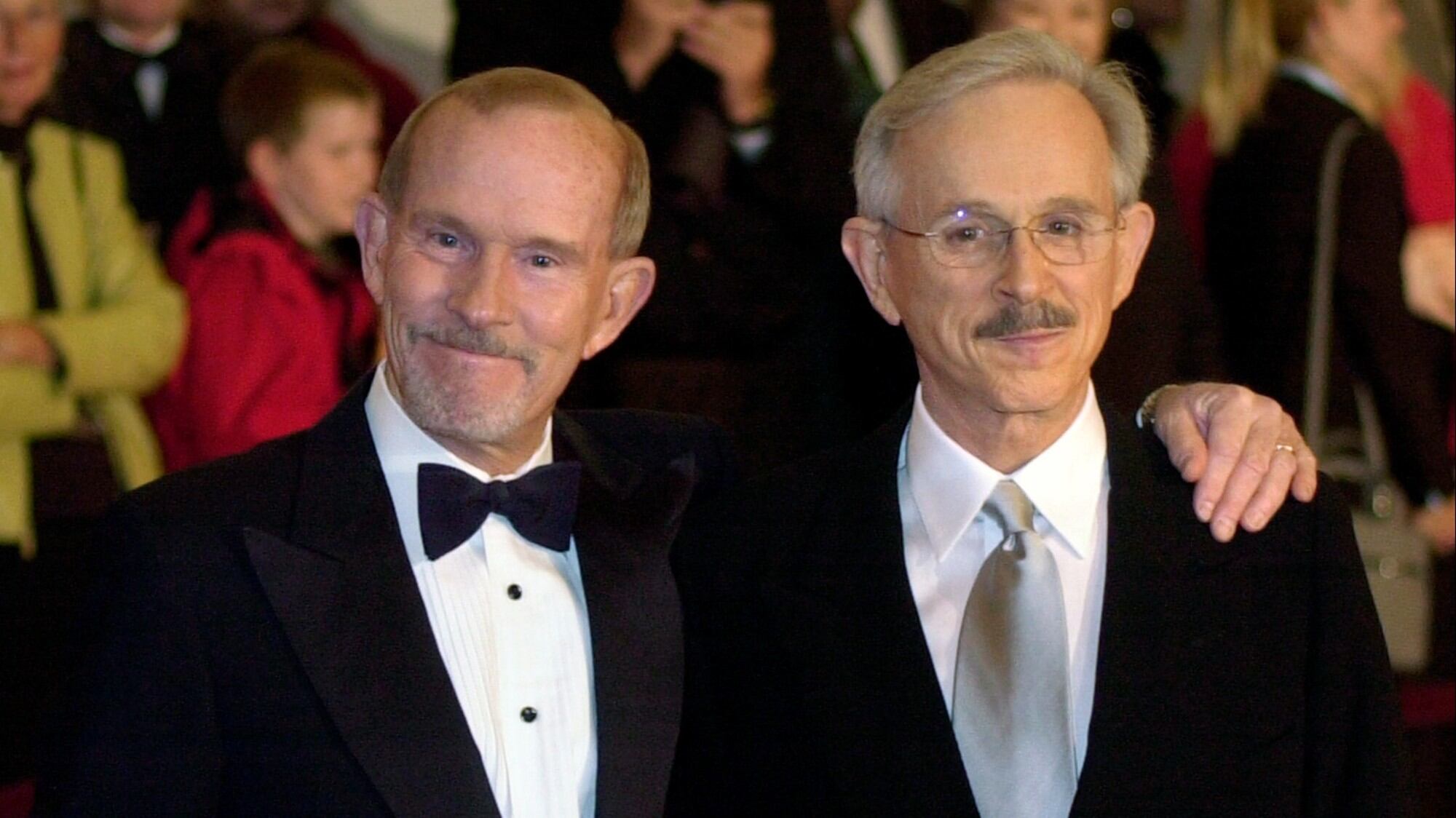Former NBA commissioner David Stern, who died on New Year's Day, carved out his professional legacy by turning the league, and the sport of basketball, into a massive commercial success. But the hard-nosed executive also left behind lasting social impact with the decisions he made over the course of his three-decade tenure at the top.
Stern, who led the NBA from 1984 until 2014, oversaw a sport as it made the transition from a niche brand to a global powerhouse. He was at the helm in 1992 when NBA players were first allowed to compete in the Olympics. Although he later admitted he did not initially see the Olympics as an excellent opportunity for the NBA, the legendary showing brought a far greater global focus to the sport.
"Other than soccer, I think the NBA is the only other true global sport," said David Levy, former president of the Brooklyn Nets and a friend of Stern. "And I think David was a big part of that. Putting that Dream Team in Barcelona and showing the world how strong and dominant the NBA was… [it] made all the other countries and their teams and leagues push to want to be in the NBA."
The strategy of expanding the league's global outreach, including exhibition games and partnerships in places like Japan and China, brought the NBA to where it stands today: fielding 108 foreign-born players from 38 different countries this season.
Stern is also remembered for spearheading some major social conversations that arose during his tenure, such as the one around AIDS after Los Angeles Lakers legend Earvin "Magic" Johnson announced he had been diagnosed as HIV positive on November 7, 1991.
"The world was very uneducated at that time around HIV," Levy told Cheddar. "David [Stern] understood it far faster than anybody else, understood the impact of letting Magic play in the NBA. I remember that many players were reluctant to play when he was on the court, but David pushed hard and allowed Magic to come back."
Stern's act moved past fear and misinformation surrounding the disease at the time, eventually winning over the players and fans that may have held misconceptions. Magic Johnson would go on to finish out his career with the Lakers in 1992, get awarded the most valuable player at the NBA All-Star Game, and join the U.S. Olympic "Dream Team."
"David Stern was such a history-maker," Johnson tweeted about the former commissioner.
Stern was also known for his push to develop opportunities for women in professional basketball. The WNBA was founded on April 24, 1996 and teams played the first game a year later. What started as a league featuring eight teams has now grown to 12.
"His steadfast commitment to women’s sports was ahead of its time and has provided countless opportunities for women and young girls who aspire to play basketball," WNBA Commissioner Cathy Engelbert wrote about Stern in a statement. "He will be missed.”
During his storied career, Stern at times did complicate this legacy. He was accused of inaction in the face of the racist actions of former Los Angeles Clippers owner Donald Sterling. He was also leading the league during two work stoppages amid bitter disputes with the players' union.
However, according to Levy, the late Stern’s work led to a boon for NBA players by creating "a tremendous increase in value for the athletes," based on average income rising from around $250,000 to near $5 million annually, before he stepped down.












